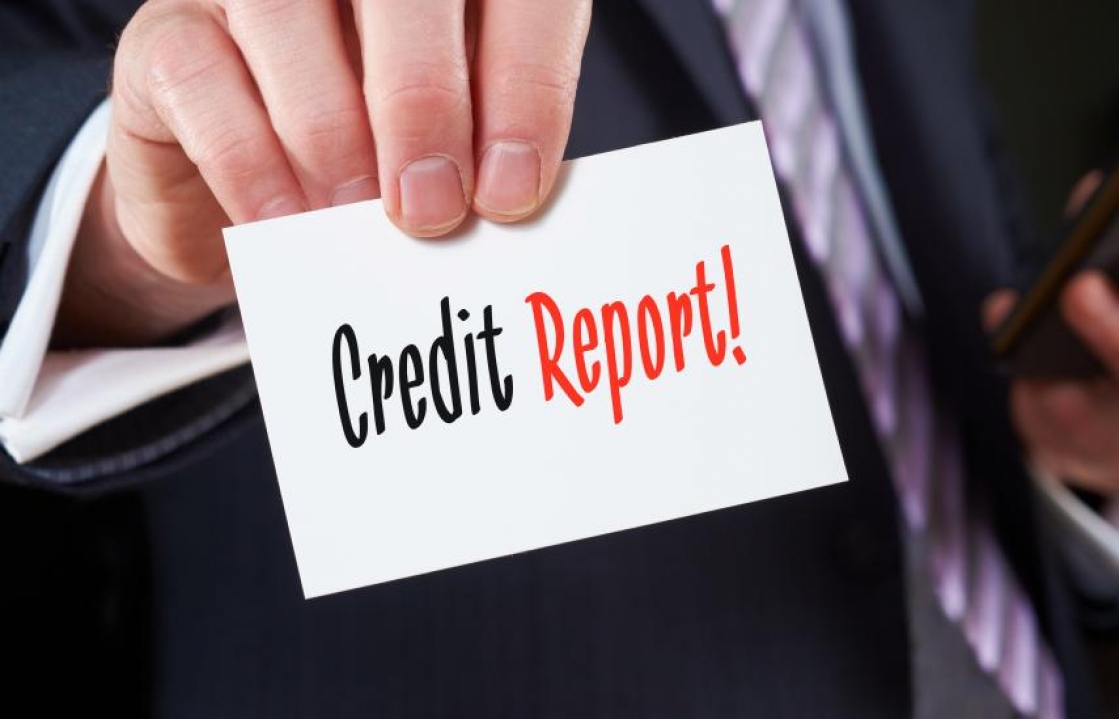Just How Credible is a Credit Report?

Credit reports can serve as valuable tools to help inform and protect small businesses. But it helps to first deconstruct how the information is derived, and understand how numerous, far-reaching and trustworthy its data sources are.
Who produces a credit report?
Credit reports are compiled by credit bureaus like Equifax, which operate by aggregating a wide range of data from multiple sources before asking experts to analyse and package it up, making it accessible to others. This enables other businesses to make financial or trading decisions without taking unnecessary risks.
Traditionally, for example, credit reports are used by big banks to form the basis of credit/lending decisions. But now the information is in your hands too. So where did it come from?
Who sets the Equifax Score?
The Equifax Score, which you’ll find at the top of a SwiftCheck credit report, is a predictor of future business risk. The rating ranges from -200 and 1200 and incorporates a range of assessment criteria, such as applications for loans and promptness of bill payments. It is calculated based on the relevant data inputs (such as the examples mentioned above) and filtered against a complex algorithm developed by Equifax’s expert scoring team.
Who sets the Australian Business Number details?
This section of a credit report uses data gathered directly from the Australian Securities and Investments Commission (ASIC), Australia’s corporate, markets and financial services regulator. It’s there to help you confirm a business’ current trading status and most up-to-date information, such as ABN, ACN, registered address, company status, and/or list of directors.
Who sets the invoice payment history?
Equifax collates ‘positive data’ as well as ‘negative data’ – meaning we track the instances when people pay suppliers, as well as the times they pay late or default. This information is collected from a network of over 200 suppliers representing a cross-section of industries – including business-critical services such as telecommunications, utility, transport and food services. We know professional individuals and businesses tend to prioritise these payments in order to operate, so patterns of late payment can indicate financial strain.
How in-depth is the payment-history picture?
Over the last two years, we have collected over 22 million trade references (i.e. financial references against a company) with 2.5 million new references being updated every month. This level of detail paints an up-to-date, widespread picture of trends, company habits and payments made outside of set terms.
Know the score with SwiftCheck – the valuable tool for small businesses with smarts.
Did you find this article helpful? For more tips and small business solutions, follow Equifax Small Business on LinkedIn
We also suggest

3 Ways To Predict a Company is in Trouble
The failure of any company can have a ripple effect on its customers and supply chain. It’s a troubling prospect for small businesses to consider, but it rarely happens without warning. We share our insights so you too can look for the distress signs.

Do You Know Who You Are (Really) Trading With?
Why it pays to know the facts and figures before signing on the dotted line on your next business agreement.

Become a Business that Adjusts According to Risk
Businesses rely on customers being able to pay their money, when it’s due. So how can you understand all the risks, and make the changes to strengthen your business?
Related products
SwiftCheck
Check the credit history of your customers to help negotiate better terms, avoid late payers and get paid faster.
